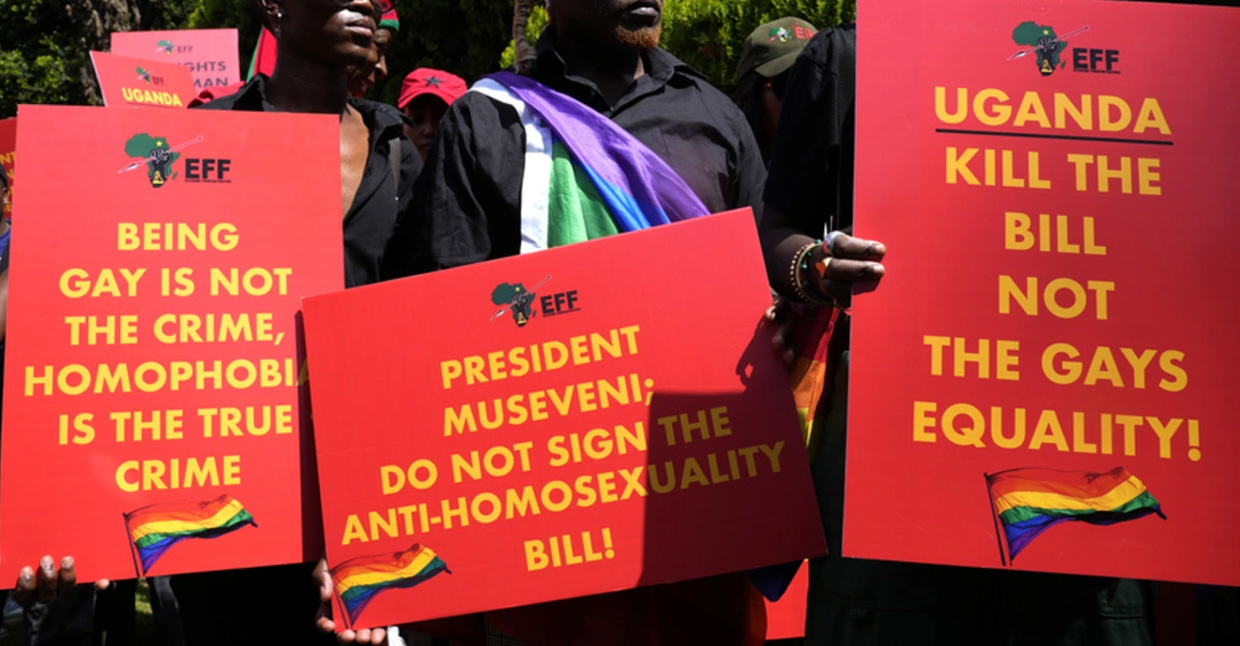The constitutional court unanimously voted against the request to invalidate the law. This request was filed by two professors from the law faculty of Makerere University in Kampala, lawmakers from the ruling party, and LGBT+ activists.
They argue that the law violates the fundamental rights outlined in the Ugandan constitution, including the prohibition of discrimination and the right to privacy. The petitioners also argue that it contravenes Uganda's obligations under international human rights law, including the UN Convention against Torture.
The court sees no reason to invalidate the law, although some parts have been amended. For instance, individuals suspected of homosexuality are no longer required to report periodically to the police, a measure the court deemed to infringe upon the right to privacy.
Western Criticism
Under the notorious law, engaging in sexual activity with someone of the same sex is punishable by life imprisonment. The death penalty applies to sex with a minor of the same sex, as well as to individuals who are HIV-positive and engage in same-sex intercourse.
The Ugandan law has attracted significant criticism, particularly from the West. Several European countries have frozen aid money to Uganda as a result. Additionally, an extremely homophobic politician was denied entry to the United States.















